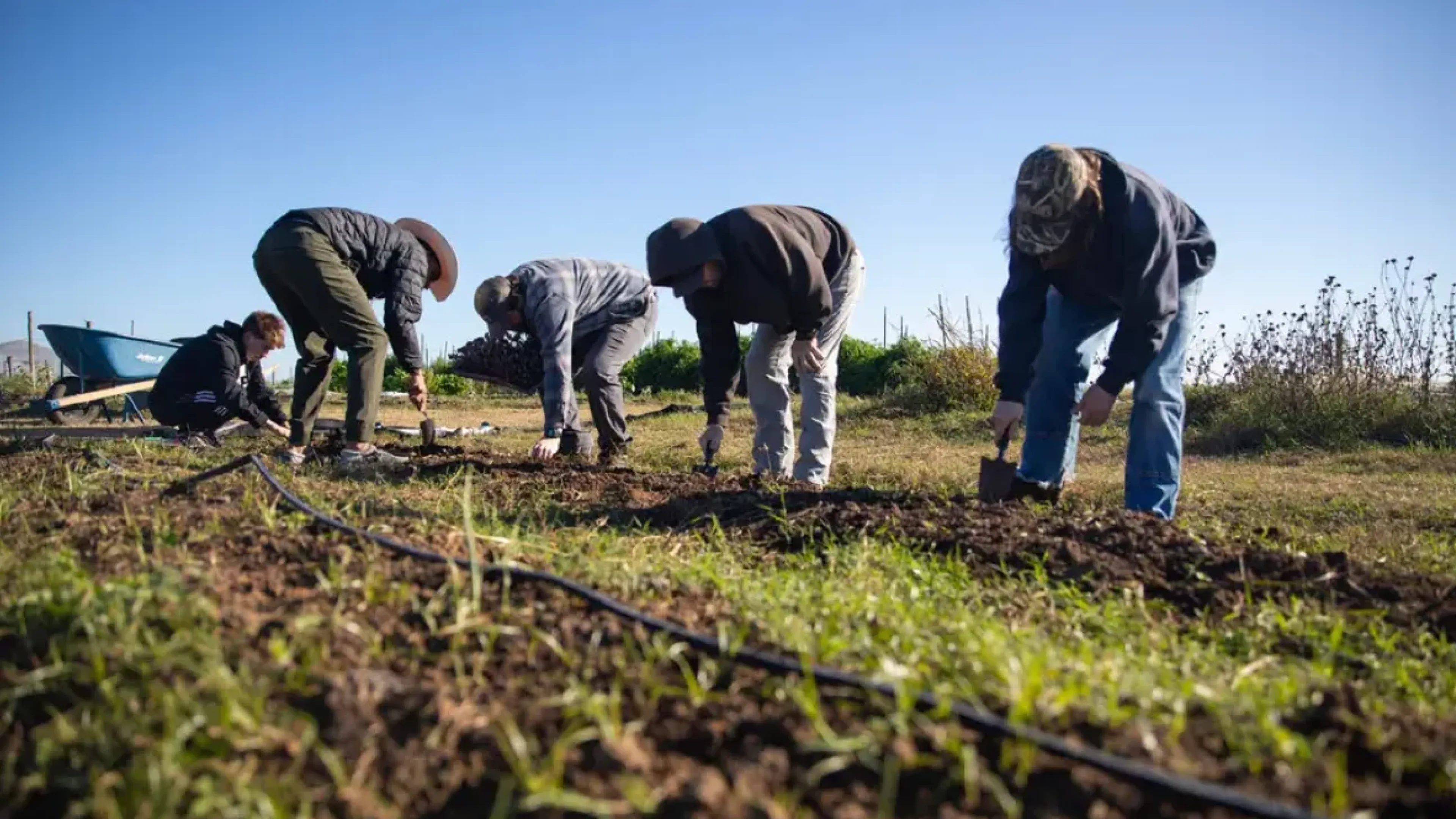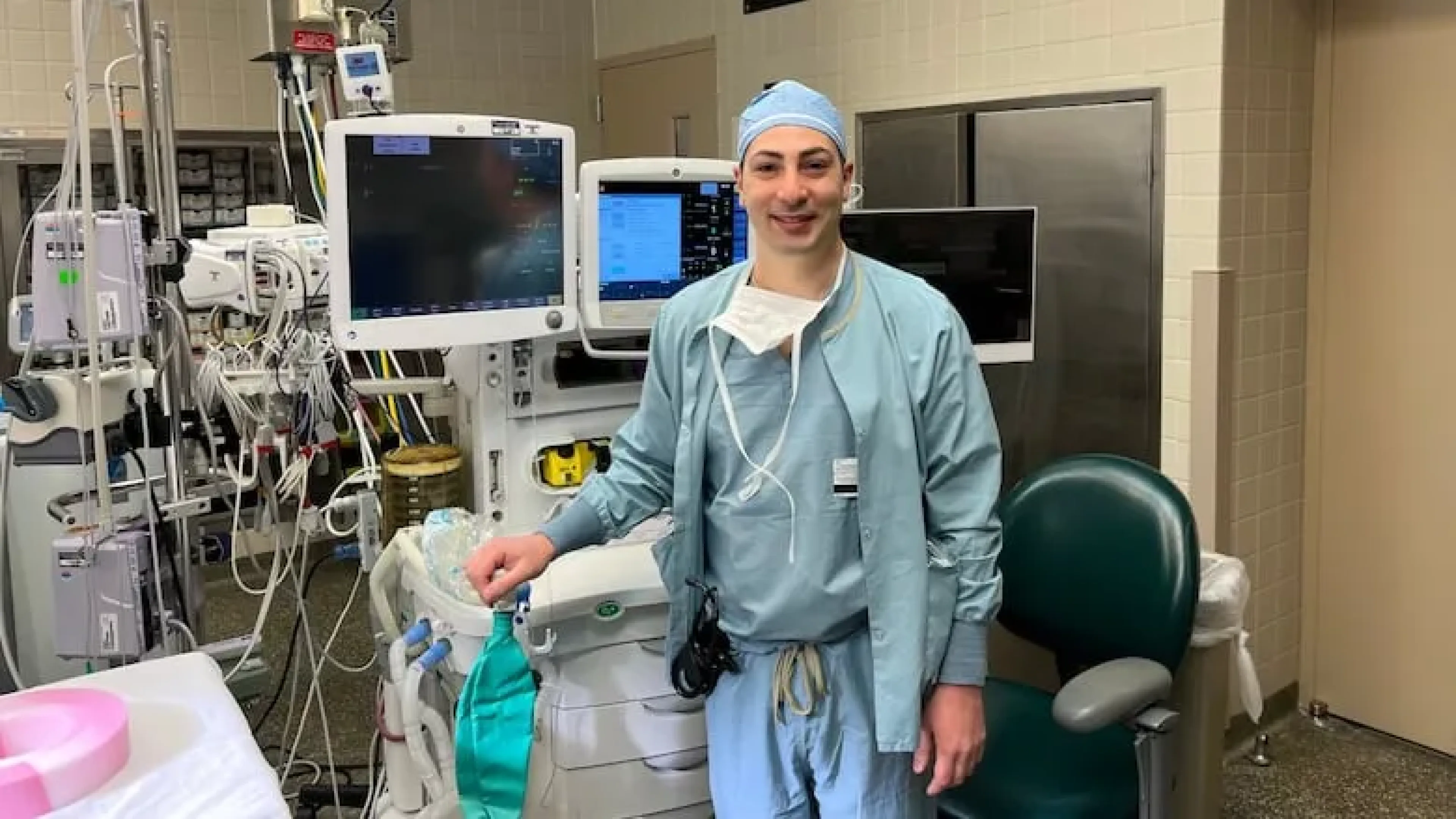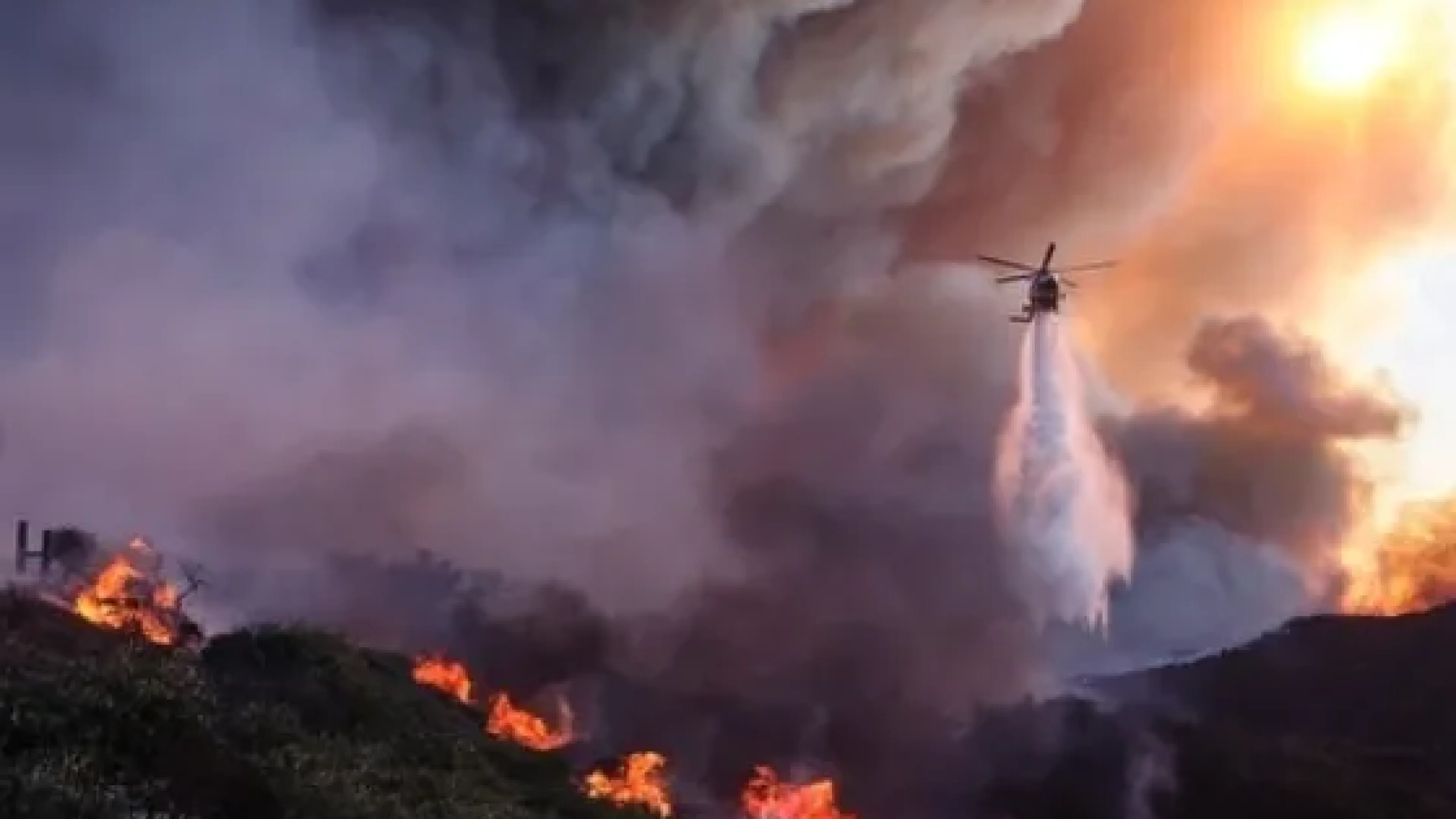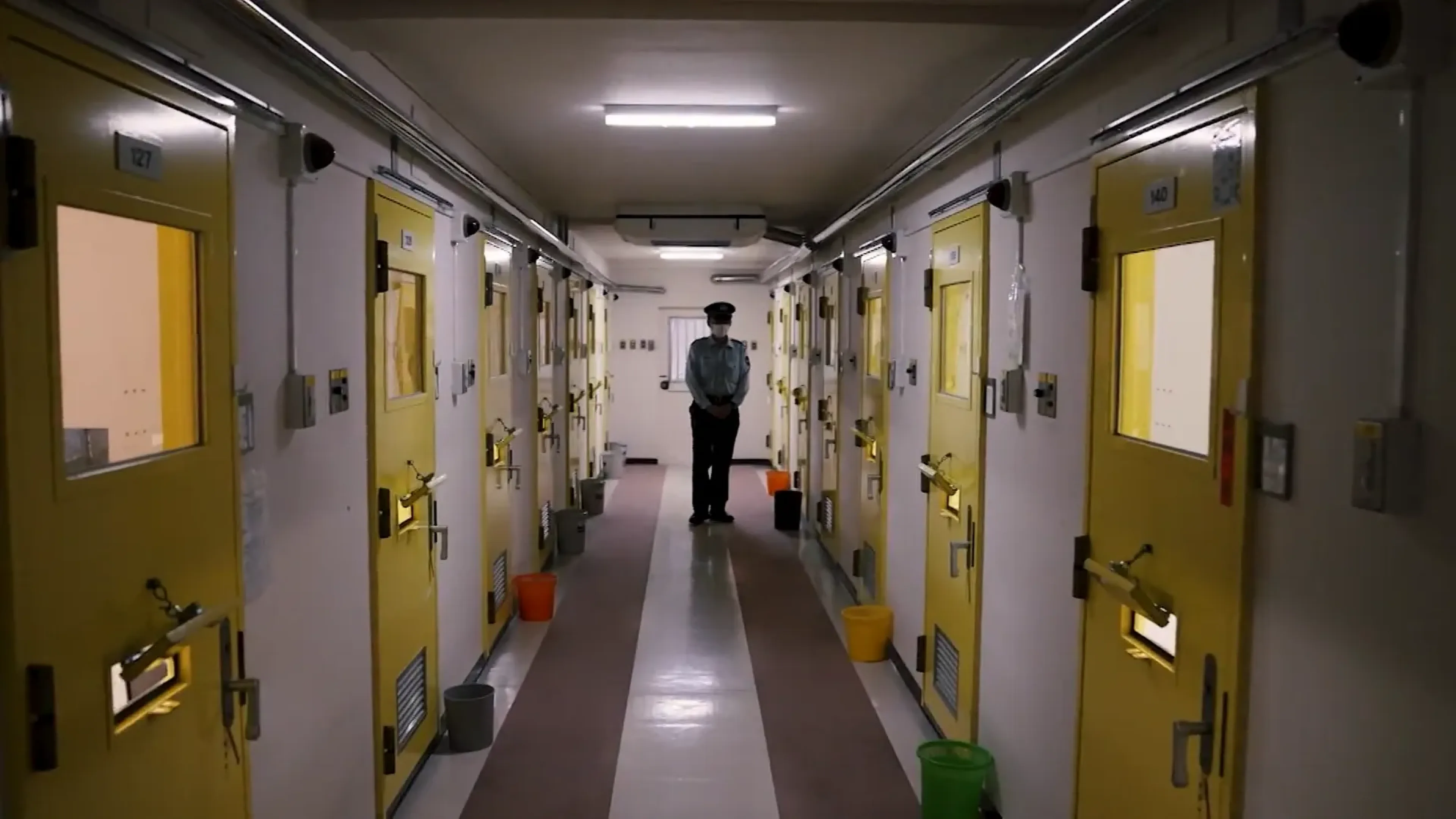You’re reading the web version of The Weekly Dose, our newsletter on Canadian health care and medical news. Sign up to get it next week.
Hi Healthwatchers, it’s a new day in America.
As political shocks are felt to the south, it’s no secret that we’re experiencing some tremors of our own here at home.
Pharmacare is something I’ve spent a good deal of time thinking and writing about.
The Liberals’ pharmacare bill passed last fall, after years of work, advocacy, and negotiations with the NDP. But now, with the government on the ropes, pharmacare’s future is on the line.
Time is running out for the Liberals’ pharmacare plan

With an election looming, the Liberals are scrambling to finalize pharmacare agreements amid concerns of potential rollback under a new government.
Why it's important: The Conservatives oppose the single-payer pharmacare model passed last year by the Liberals and NDP. The promise of universal drug coverage is at risk of fading quickly if the Liberals can’t secure agreements with provinces before the election, which might come sooner than they expected.
Federal Health Minister Mark Holland is pushing to finalize pharmacare deals with provinces and territories. So far, B.C. is the only province to sign a memorandum of understanding. The program aims to provide full coverage for diabetes meds and contraceptives as a first step toward a larger set of universally-covered drugs. The Conservatives have yet to reveal their plans if elected.
Read more…
RFK Jr.’s plan for the drug crisis: ‘Healing Farms’

Kennedy proposes building "healing farms" in rural areas across the U.S. as a solution to the addiction crisis.
Why it's important: “We’re going to build hundreds of healing farms where American kids can reconnect to America’s soil, where they can learn the discipline of hard work…” RFK said in a documentary last year.
Kennedy envisions federally funded farms where residents build new lives through “therapeutic gardening,” livestock care, and trade skills development. Favouring abstinence and 12-step programs, his plan excludes medications such as methadone and buprenorphine. As involuntary treatment is set to take off both north and south of the border, it’s perhaps worth noting that prison labour makes up a significant portion of the U.S. economy, generating more than $9 billion, annually.
Read more…
Ontario regulator moves to restrict pharmacy-insurer deals

Ontario’s pharmacy regulator is considering a ban on pharmacy-insurer exclusivity agreements, citing risks to patient choice and care quality.
Why it's important: Preferred Pharmacy Networks (PPNs) are under scrutiny for restricting patient access to medications and sidelining small, independent pharmacies. They’ve been banned in Quebec since 2016.
The Ontario College of Pharmacists (OCP) is reviewing a motion to penalize pharmacies engaged in PPNs, requiring them to exit such agreements within 12 months or face disciplinary action. Critics say PPNs limit patient choice and harm independent pharmacies, while insurers say they lower their drug costs. The motion shows a clear stance from the OCP on the issue, but implementation is legally murky. The OCP revisits the debate at its next meeting in March.
Read more…
Should Nurse Anesthetists step in to fix surgical backlogs?

As Canada grapples with a severe shortage of anesthesiologists, the debate over allowing Certified Registered Nurse Anesthetists (CRNAs) to practice resurfaces.
Why it's important: The shortage of anesthesia providers is delaying surgeries and worsening our surgical backlog. CRNAs could greatly expand capacity and alleviate pressure on the system.
In the U.S. 65,000 CRNAs administer over 58 million anesthetics annually, including in rural areas where they provide 80% of care. However, CRNAs have been barred from practicing in Canada since World War II. Proponents say incorporating CRNAs could optimize Canada’s health workforce and reduce costs. Critics, including the Canadian Anesthesiologists’ Society, maintain that anesthesia care should remain physician-led, citing patient safety concerns.
Read more…
Wildfire smoke weakens immunity and spreads microbes

Wildfires pose obvious health risks, but there are some less obvious ones too.
Why it's important: Smoke-inhalation messes with the immune system, increasing vulnerability to respiratory infections. Smoke also transports microbes from burned soils, which can spread infections such as valley fever.
Studies confirm elevated rates of respiratory and fungal infections in wildfire-affected regions. Fire-damaged homes harbour lingering toxins which can trigger symptoms months or even years after fires. Post-wildfire public health efforts will become more important as these events become more frequent, and should include infection prevention and long-term sampling for known environmental contaminants.
Read more…
Japan's elderly are struggling. Some seek stability, behind bars

Faced with loneliness and poverty, many Japanese women are committing petty crimes and ending up in prison, where they receive healthcare, meals, and companionship. Some prisoners even express willingness to pay to stay incarcerated.
Why it's important: Japan’s aging population lacks social supports, and an accelerating cycle of crime and incarceration is deepening societal inequities. Prisons are said to be evolving into de facto care homes.
There have been recent efforts from Japanese lawmakers to address the issue, but impactful solutions have been elusive. With 30 per cent of Japan’s population over age 60, this story is a window into a possible future for Canada, though our demographic profile isn’t projected to match present-day Japan’s for a few decades.
Read more…
And that’s that for this week.
Today is going to be one of those news days — the inauguration will surely dominate every headline and scroll. If you’ve read this far, thank you for carving out the time.
It’s appreciated more than you know.
If any of the stories here sparked your interest, definitely reach out. Your thoughts, ideas, or even your critiques help me get better at this. And as always, if you know someone else who might like this, please feel free to pass it along.
Until next time, take good care, stay informed, and rest up.
Nick Tsergas, Editor
Canada Healthwatch
[email protected] | canadahealthwatch.ca